Celebs in the Civil Rights Movement
The superstars who fought for equality.




Next Gallery
Where Are They Now: The Cast of In Living Color
13 Photos
1 / 16
Sammy Davis Jr. - As one of the greatest entertainers in show business, Sammy Davis also lent his celebrity and finances to the civil rights movement in the ‘60s. After he refused to appear in any clubs that practiced racial segregation, several venues in Miami Beach and Las Vegas were then integrated.(Photo: Landov)
ADVERTISEMENT